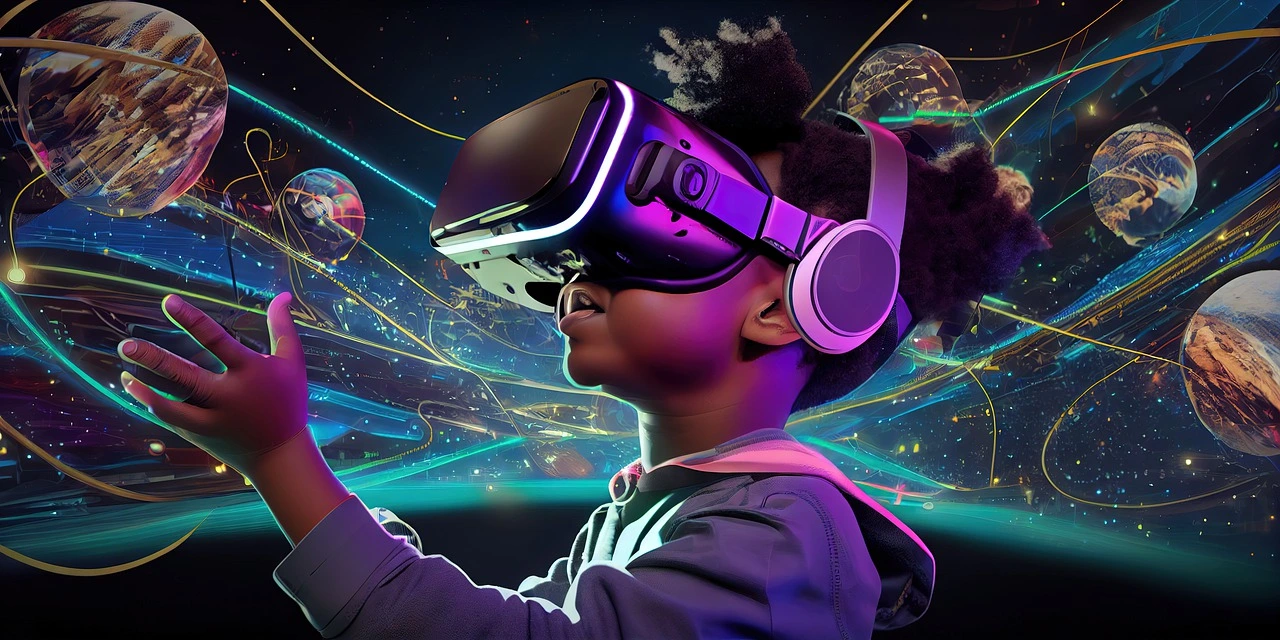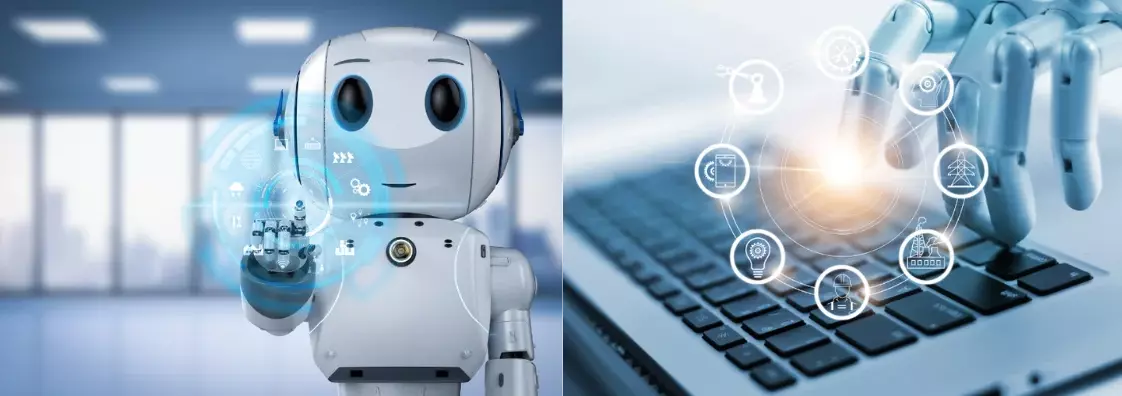Artificial Intelligence (AI) is revolutionising companies' production processes. It is a reality, and its possibilities are increasing exponentially as the months go by.
To give you an idea, AI has proven capable of transforming entire industries, helping companies with customer service, data processing, decision-making, process automation, and even assisting in creative writing and design processes.
But this is just the tip of the iceberg. Artificial Intelligence is going to shape the future and can offer companies much more than you can imagine..If you don't want to be left behind, let us show you why AI can be your biggest business ally in the coming months, and indeed, for years to come.
In this article, you will explore the possibilities of Artificial Intelligence in the business world and discover how companies can take advantage of this technology to improve their performance and maximise their profits. You will alsolearn about all the opportunities that AI will bring and how this technology can transform the way businesses interact with their customers.
Get ready to discover how AI can help your business stay ahead of the curve!

TABLE OF CONTENTS:
What is Artificial Intelligence (AI)?
Why is everyone talking about AI?
So why is it only now that everyone is starting to talk about it? Because until just a few months ago, society did not have access to this technology on a daily basis, and therefore we were not able to imagine all the uses it could have and how it could help us to carry out everyday tasks.
The wave of Artificial Intelligence has become a tsunami thanks to the Californian company Open AI and its ChatGPT development, a chat system that uses AI to respond to any internet user in a conversational way, that is, it is capable of understanding language and generating responses in real time to maintain conversations that, for those who are not familiar with this technology, could seem human.

List of useful tools using AI
Here is a list of interesting tools that use Artificial Intelligence and that can make it easier for you to carry out some common tasks in your day-to-day life:
- Fliki.ai: Automatically transforms text into video using Artificial Intelligence.
- DALL-E 2: Create realistic or artistic images from text with AI.
- Speechtext.ai: Transcribe audio and video to text with AI.
- Summarize.tech: Create full summaries of YouTube videos with AI.
- Grammarly.com: Corrects English texts in seconds.

Applications of Artificial Intelligence for business
Creation of personalized marketing campaigns
Automation of processes and tasks:
Data analysis and demand forecasting:
Personalisation of the customer experience
AI can also be used to personalise the customer experience. Businesses can use AI to analyse customer behaviour and offer personalised recommendations based on their interests and needs. This can help improve customer satisfaction and increase sales.
Optimisation of logistics:
Improved decision-making:
Improving product quality:
Chatbots and virtual assistants:
Fraud detection

Companies that are applying AI effectively
 And after discussing the ways in which AI can help businesses, we will present some examples of companies that have successfully adopted AI to improve their profitability and competitiveness in the market:
And after discussing the ways in which AI can help businesses, we will present some examples of companies that have successfully adopted AI to improve their profitability and competitiveness in the market:- Amazon: It uses AI in its recommendation system, which has led to a significant increase in sales. AI is also used in the inventory management process and in optimising delivery times.
- Coca-Cola: It uses AI to predict demand for products in different regions of the world. This has enabled the company to optimise its production and reduce costs.
- IBM: It uses AI in its Watson platform, which is used in a variety of industries to improve decision-making and efficiency. For example, Watson is used in the healthcare industry to improve diagnosis and treatment of diseases.
- Tesla: Tesla has used AI to improve the safety of its vehicles and create advanced self-driving features. Tesla's AI uses sensors and cameras to detect road obstacles, pedestrians and other vehicles. It also uses AI to improve the energy efficiency of its electric vehicles.
- Netflix: Netflix uses AI to analyse its users' viewing data and offer personalised movie and TV series recommendations. Netflix's AI is able to analyse users' ratings, comments and viewing habits to deliver content that is tailored to their preferences.
Possibilities of Artificial Intelligence and the Metaverse
 Artificial Intelligence (AI) and the Metaverse are two technological concepts that are undoubtedly revolutionising the business world as we know it. As specialists in interactive technologies, and a great experience in the construction of virtual environments, we cannot miss this opportunity to relate these two concepts and imagine the synergies of Artificial Intelligence and the Metaverse that will emerge in the coming years.
Artificial Intelligence (AI) and the Metaverse are two technological concepts that are undoubtedly revolutionising the business world as we know it. As specialists in interactive technologies, and a great experience in the construction of virtual environments, we cannot miss this opportunity to relate these two concepts and imagine the synergies of Artificial Intelligence and the Metaverse that will emerge in the coming years.
Challenges of AI in the near future
 Artificial Intelligence (AI) has been one of the most fascinating and revolutionary technological innovations of our time. It has transformed the way we interact with the world and improved our lives in countless ways. But like all technologies, AI presents ethical and moral challenges.
Artificial Intelligence (AI) has been one of the most fascinating and revolutionary technological innovations of our time. It has transformed the way we interact with the world and improved our lives in countless ways. But like all technologies, AI presents ethical and moral challenges.
Frequently asked questions about Artificial Intelligence
What is Artificial Intelligence?
AI refers to the ability of machines to mimic human intelligence and learn from experience.
What is AI used for in business?
AI is used in businesses to automate tasks, analyse data, personalise the customer experience, detect fraud, optimise the supply chain and improve overall efficiency.
How can AI help businesses make decisions?
AI can help businesses make more informed decisions by analysing large amounts of data and providing recommendations based on that data.
What are some examples of AI in business?
There are many examples of AI in enterprises, such as Amazon, Coca-Cola, Ford and IBM.
How can companies adopt AI?
Companies can adopt AI through hiring AI experts, adopting AI tools and training staff in the use of AI.
SIMILAR CONTENT












 RETURN
RETURN







